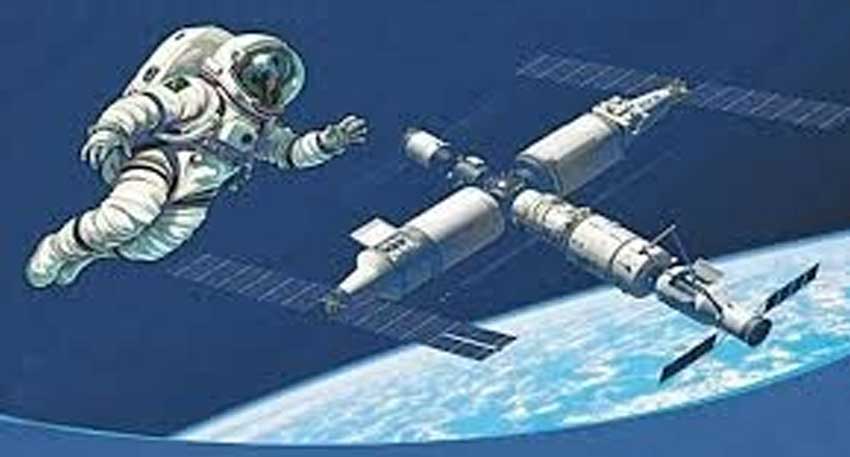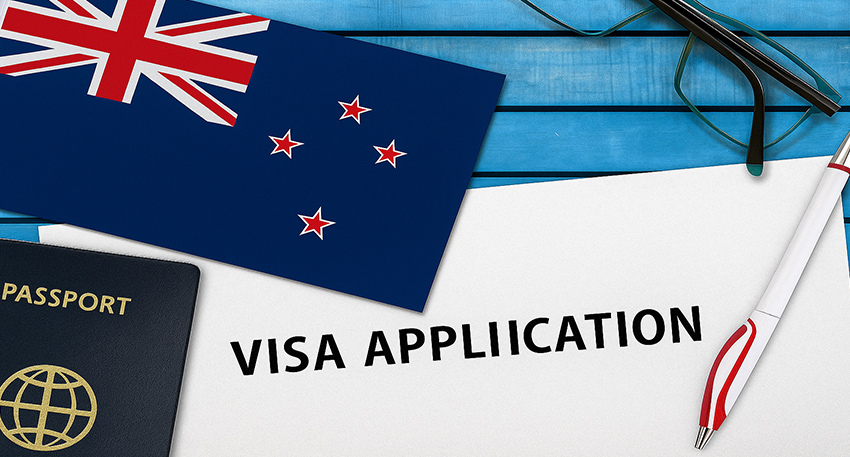
As Pakistan prepares to send its first astronaut into space, Suparco has issued a call for innovative experiment proposals to be conducted aboard the Chinese Space Station (CSS) — an environment defined by extreme temperatures, vacuum, and microgravity.
The initiative aims to maximize the scientific outcomes of the mission while offering the public a rare opportunity to actively participate in advancing the nation’s space capabilities.
The CSS orbits the Earth at an altitude of approximately 380 kilometers, completing one orbit every 92 minutes at a speed of 7.7 km per second. It is equipped with advanced research facilities including experimental racks for space life sciences, biotechnology, fluid dynamics, astrophysics, material science, and fundamental physics.
Suparco is especially encouraging proposals related to agriculture and medical sciences, where the unique environment of microgravity could lead to groundbreaking discoveries.
The mission is tentatively scheduled for late 2026, contingent on the successful completion of the astronaut’s training and alignment with the upcoming CSS flight schedules.
The deadline for submitting experiment proposals is April 30, 2025. Interested individuals and institutions can find detailed information on research categories, submission procedures, and available facilities at: https://sead.pk/Announcement/Detail/5094
Suparco emphasized that this is a landmark opportunity for Pakistan’s scientific community—especially young scientists and engineers—to contribute meaningfully to space exploration and shape the country’s future in space science.




